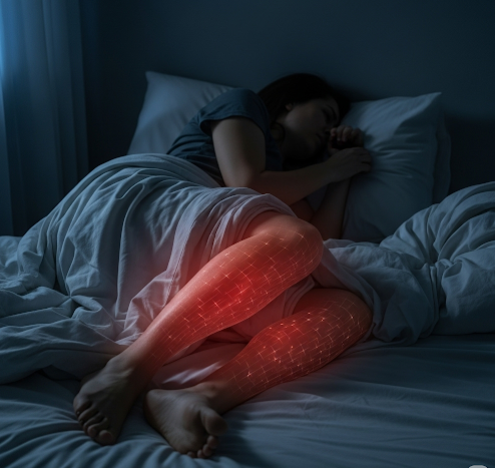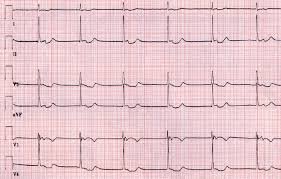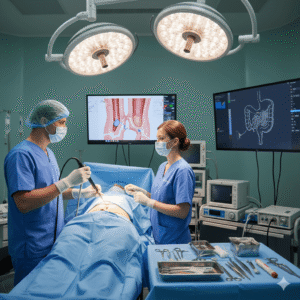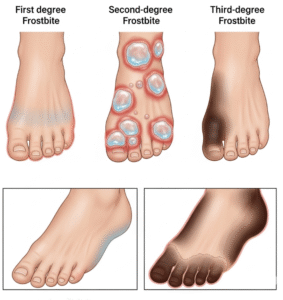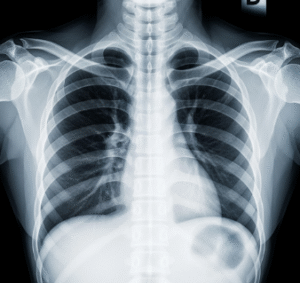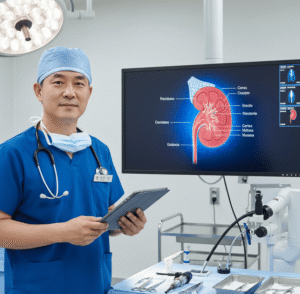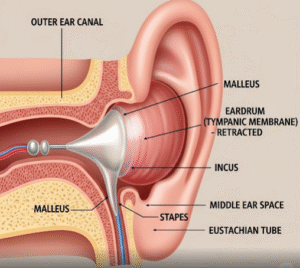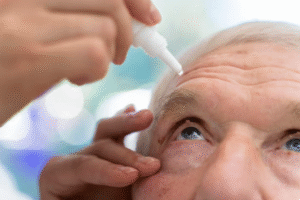Overview
Restless Legs Syndrome (RLS), also called Willis-Ekbom Disease, is a neurological disorder that causes an uncontrollable urge to move the legs, usually due to uncomfortable sensations. These sensations often occur in the evening or at night, interfering with sleep and reducing quality of life. While the exact cause is unknown, RLS is treatable, and many people find relief through lifestyle changes, medications, and specialized therapies.
What is Restless Legs Syndrome?
Restless Legs Syndrome is a condition where people experience unpleasant feelings in their legs—often described as tingling, creeping, crawling, itching, or throbbing—that create an overwhelming need to move. Movement temporarily relieves the discomfort, but symptoms often return when resting. RLS is considered a sensorimotor neurological disorder because it involves both sensory (uncomfortable sensations) and motor (leg movement) symptoms.
Symptoms
Common symptoms of RLS include:
- Uncomfortable sensations in the legs (rarely in arms)
- Urge to move the legs to relieve discomfort
- Symptoms starting or worsening during rest or inactivity
- Symptoms improving with movement (walking, stretching)
- Symptoms getting worse in the evening or nighttime
- Sleep disturbances due to discomfort
- Daytime fatigue and irritability from poor sleep
Causes
The exact cause of RLS is not fully understood, but research suggests:
- Genetic factors – RLS can run in families, especially when symptoms start before age 40.
- Dopamine imbalance – Dopamine is a brain chemical involved in muscle control; imbalances may trigger RLS symptoms.
- Iron deficiency – Low brain iron levels are linked to RLS.
- Chronic diseases – Kidney failure, diabetes, and Parkinson’s disease may increase risk.
- Pregnancy – Symptoms can temporarily worsen during pregnancy, especially in the last trimester.
Risk Factors
Factors that increase the likelihood of developing RLS include:
- Family history of RLS
- Age (more common in middle-aged and older adults)
- Gender (slightly more common in women)
- Iron deficiency or anemia
- Chronic medical conditions (diabetes, neuropathy, kidney disease)
- Certain medications (antihistamines, antidepressants)
Complications
If left untreated, RLS can lead to:
- Chronic insomnia
- Daytime fatigue and poor concentration
- Mood disturbances (anxiety, depression)
- Impaired work performance and quality of life
- Increased risk of cardiovascular issues (due to sleep deprivation)
Prevention
While RLS cannot always be prevented, certain measures can reduce symptoms:
- Maintain healthy iron levels through diet and supplements (if advised)
- Avoid caffeine, nicotine, and alcohol
- Establish a regular sleep routine
- Engage in regular physical activity without overexertion
- Manage underlying health conditions effectively
Treatment Options in Korea
South Korea offers a range of advanced treatments for RLS, combining Western medical expertise with integrative approaches:
1. Medical Management
- Dopamine agonists (e.g., pramipexole, ropinirole) are prescribed to balance brain dopamine levels.
- Iron supplementation if iron deficiency is diagnosed through blood tests.
- Anti-seizure medications such as gabapentin for nerve-related discomfort.
2. Sleep Clinics
Many top Korean hospitals have specialized sleep medicine centers equipped with advanced diagnostic tools (polysomnography) to identify and treat RLS-related insomnia.
3. Integrative Therapies
- Acupuncture and moxibustion are widely used in Korean medicine to improve blood circulation and reduce nerve irritation.
- Herbal remedies like Korean ginseng and medicinal teas are prescribed to improve sleep quality and neurological balance.
4. Lifestyle Guidance
Hospitals and Korean wellness centers provide customized exercise routines, stretching programs, and dietary counseling to help control symptoms naturally.
5. Notable Korean Medical Centers for RLS
- Seoul National University Hospital – Neurology & Sleep Clinic
- Samsung Medical Center – Department of Neurology
- Kyung Hee University Hospital – Korean Medicine Center

